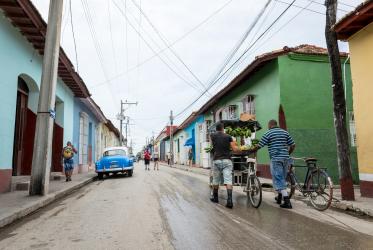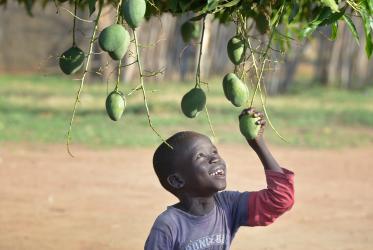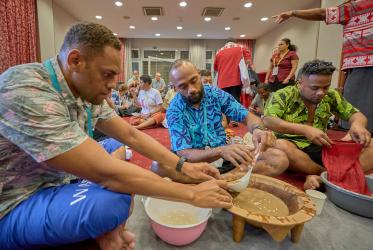Displaying 1 - 20 of 203
WCC extends prayers for lasting peace in Haiti
11 April 2024
WCC expresses deep concern for human rights in Haiti
28 March 2024
Migrants in Argentina find listening ears and open hearts
04 November 2022
Regionale Perspektiven auf der 11. ÖRK-Vollversammlung
07 September 2022
Les perspectives régionales présentées à la 11e Assemblée
07 September 2022










